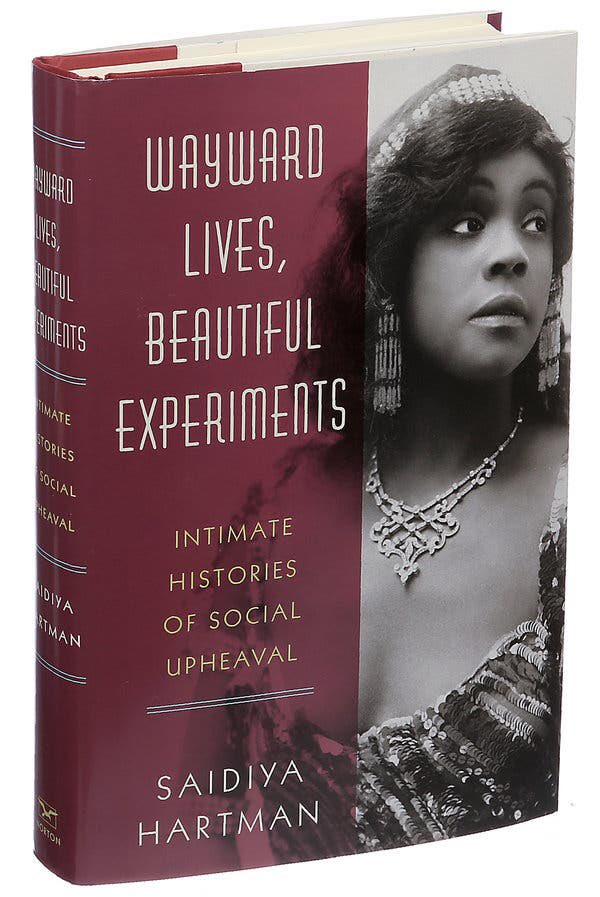
Jess Row

LATELY, FOR OBVIOUS REASONS, I’ve been preoccupied with suffering and death—when I’m following the news of the pandemic, but also in my daily meditation practice, which involves chanting, sitting Zen, and reading from stacks of Buddhist books I keep handy next to my cushion. In the past few days I’ve read the chapters on death and rebirth in Tsongkhapa’s encyclopedic Lamrim Chenmo, or The Great Treatise on the Stages of the Path to Enlightenment, a book so beloved that the Dalai Lama kept a copy hidden in his robes when he fled Lhasa in 1959. 
Because whiteness is a social and historical and imaginary phenomenon, not a visible, verifiable set of qualities, those of us who live in a profoundly racialized society like the United States acquire a racial awareness largely through stories, indirectly, through implication and absorption, long before we start naming names. Whiteness stands at the center of our power structure, associated with control, authority, and violence, and thus this automatic, almost autonomic recognition is often a matter of survival. So many American stories about whiteness begin here: I am safe, or I am in danger. In “Down with Childhood,” perhaps the most provocative chapter in her 1970 classic The Dialectic of Sex, the feminist-Marxist radical Shulamith Firestone argued that revolutionary women, rather than rejecting motherhood altogether, could find common cause with their children: “The mother who wants to kill her child for what she has had to sacrifice for it,” she wrote, “learns to love that same child only when she understands that it is as helpless, as oppressed as she is, and by the same oppressor: then her hatred is directed outward, and ‘motherlove’ is born.” Catholic women show their bangles at a Christmas celebration in Multan, December 23, 2002. On March 2, 2011, Shahbaz Bhatti, Pakistan’s Catholic minister of minority affairs, was murdered—his car sprayed with bullets as he left his mother’s house in Islamabad. Bhatti had been the target of many previous threats and was, by his own account, […] 
The title of Jamaica Kincaid’s See Now Then is one variation on the modus operandi of any novelist who takes up the passage of familial time as subject matter. (À la recherche du temps perdu could be translated as See Then Now.) The intensity of the imperative title is crucial (think of Francisco Goldman’s wrenching Say Her Name, memorializing his young wife, killed in a swimming accident) but also a little misleading, because this is not a novel that wants to illuminate the past for its own sake. Indeed, quite the opposite: In See Now Then memories appear and reappear 
At the end of Tom Stoppard’s Rosencrantz and Guildenstern Are Dead, when the two hapless title characters, aboard their fatal voyage, open the letter that sentences them to death, Guildenstern says: “Who are we that so much should converge on our little deaths? . . . To be told so little—to such an end—and still, finally, to be denied an explanation—” He doesn’t finish the sentence, of course; “to be denied an explanation” is simply his life’s condition. In fictional narratives, and in the narratives we piece together uneasily out of history, some lives always seem like that: shapeless, except 
Lately I’ve been preoccupied with a strange thought, what one might call a blip of cultural memory: The only human-made object that has reached interstellar space—the Voyager 1 probe, launched by NASA in 1977—is a record player. Though it carries mathematical formulas and graphs and drawings of human figures Voyager’s gold-plated 16 2⁄3 rpm record is the main event: It includes a selection from Glenn Gould’s The Well-Tempered Clavier, Stravinsky conducting The Rite of Spring, Louis Armstrong’s “Melancholy Blues,”songs played by traditional musicians of Benin and Australia, shakuhachi flute from Japan, and, second-to-last, Blind Willie Johnson’s recording of “Dark Was 
At the end of Alice Munro’s short story “Meneseteung,” which reconstructs in painfully intimate detail the life of an all but unknown woman poet in a small Ontario town in the late nineteenth century, Munro’s narrator discovers the poet’s grave, overgrown and forgotten a century later. “I thought that there wasn’t anybody alive in the world but me who would know this, who would make the connection,” she says. “But perhaps this isn’t so. People are curious. A few people are. . . . You see them going around with notebooks, scraping the dirt off gravestones, reading microfilm, just in